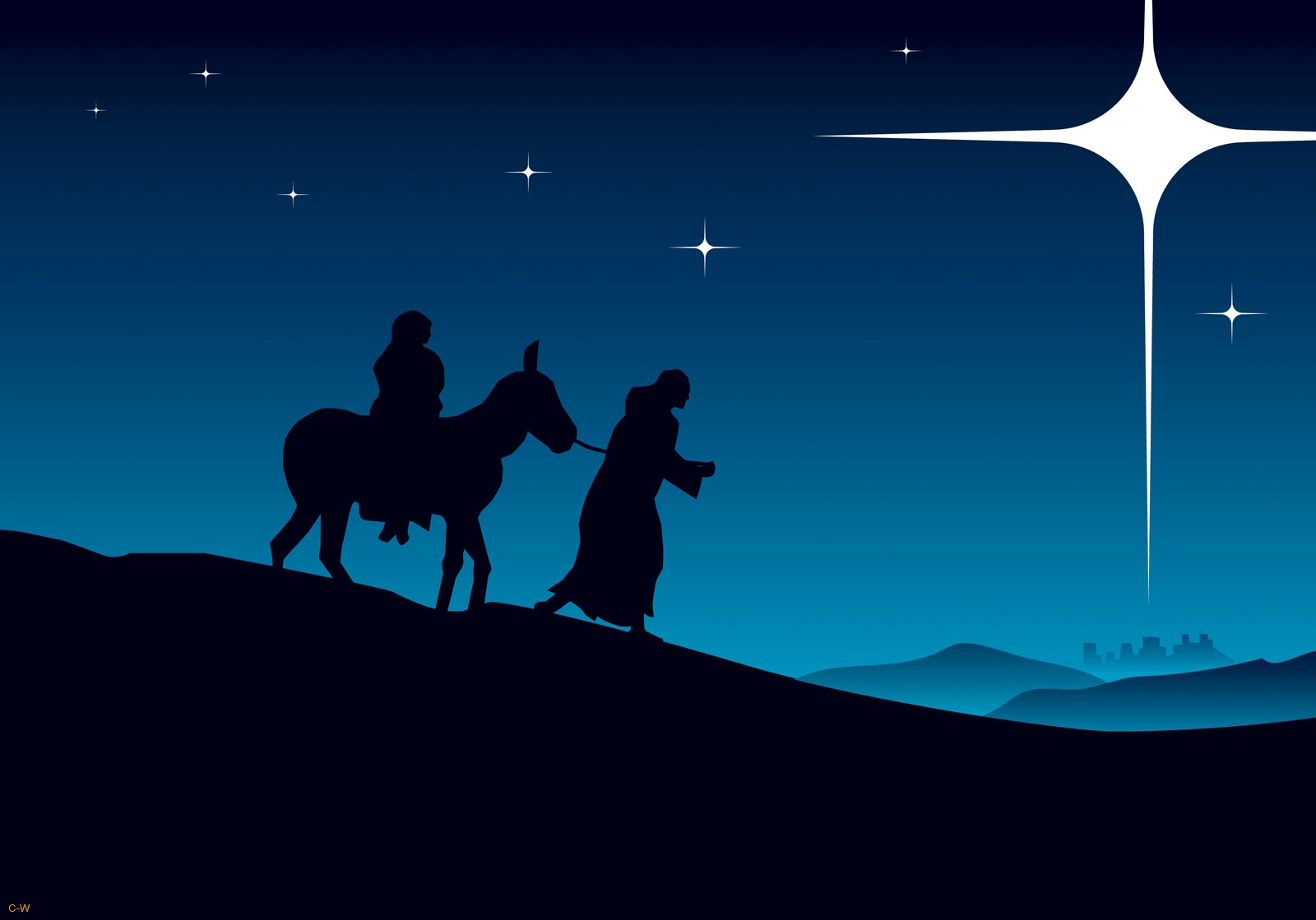Ealing, St Andrew’s, Pentecost 2021
Sunday 31st May. Sermon given by Revd Elizabeth Welch
READINGS:
Acts 2: 1-21
Psalm 104: 24-34, 35b
Romans 8.22-27
John 15: 26 -27 & 16: 4b-15.
It feels like we live in a permanent waiting time at present. What will the next government announcement be? Will we or won’t we be able to go on holiday in an ‘amber’ country? Will we or won’t we be able to eat indoors in larger groups? Are there any changes in the mask wearing requirements?
What we wait for, and how we go about waiting, have become big issues in our daily lives.
Today we look back to the culmination of a waiting time for the early disciples.
They were gathered together in Jerusalem, where they had been sent by Jesus, waiting for the Spirit to come. And come the Spirit did – although I don’t know if the disciples had realised what they would be letting themselves in for. The description says that the Spirit came in power like wind and fire, blowing through the disciples, setting them alight. And suddenly, people could understand each other speaking in different languages.
There were those who mocked them, and said they must be drunk. But Peter says ‘well, it’s only nine o’clock in the morning – a bit early to be drunk!’
On this day we celebrate the coming of the Holy Spirit. This Spirit had been promised by Jesus as we heard today in John’s Gospel. Here the word ‘Advocate’ or helper or Comforter or encourager is used to translate the Greek word Paraclete.
In the Roman culture, the advocate would be the person who spoke on behalf of another in court. In the Greek setting, the advocate was the one who stood alongside a person going to court to support them.
In either sense, the role was a helping, encouraging one, telling the truth about a person.
The Holy Spirit would tell the truth about Jesus and will lead his followers into all truth.
There’s a certain ambiguity in Jesus’ teaching, in that he says that the Holy Spirit can only come if he himself goes away.
At Ascension we marked the last of the appearances of our Lord to his disciples. He is then taken up into heaven, not to be seen again in his risen form. But this needs to happen, in order that Jesus may be present through the Holy Spirit in power amongst the believers. And this presence in power amongst the believers marks the beginning of the church. Up to this point, the disciples had been individually followers of Jesus, travelling with him wherever he led. From now on, they are gathered into communities and it’s these communities which become the starting point for the church.
I want this morning to take up three aspects of the Holy Spirit that are characteristics of the church, and speak about what we offer the world in these waiting, changing times in which we live today.
The Holy Spirit comes encouraging, embracing and empowering. The church filled by the Holy Spirit is to show these three characteristics, and is herself to be encouraging, embracing and empowering.
Firstly, the Holy Spirit comes as the encourager. This word arises from Jesus’ teaching about the Advocate – the one who stands alongside and testifies.
We live in an age when we can feel discouraged about the world and about the church.
- In the world, there are many questions and issues that can make us feel downhearted: will there be an end to the pandemic? will enough people in poorer countries be able to get vaccinated; is there too big a gap between rich and poor? There’s a growing recognition of key issues such as racism, the challenge of climate change, the persecution that Palestinians can suffer.
- For the church, there are so many other options for people to choose from, with people going elsewhere to look for meaning and value in life.
- We live in a multi-believing world – there’s no end to the things people can believe. – astrology, paganism, secularisation, the ‘me, me, me movement’ where “I” am at the centre rather than being part of something bigger
- There’s the rise of the movement to ‘be spiritual but not religious’, as if being religious isn’t in itself both deeply spiritual and deeply engaged with the whole of the world.
We could easily be tempted to feel dispirited.
But the Spirit comes to encourage us.
Jesus said to the early disciples that he would have to go away from them.
The disciples could have become downhearted. How would they manage without their leader by their side? It wasn’t just that he was going away from them. He was to suffer a cruel death through crucifixion.
Over the centuries there has been much to discourage the people of God. The church has faced persecution and change in many different places.
It can feel like there such a few of us, and such big tasks in front of us
But it’s when we look at the world only from a human perspective that we’re tempted to get discouraged.
We need to look at the world with God’s eyes,
- God making new things possible
- God giving courage to his people when they become downhearted. Out of death and darkness God goes on bringing life and light.
The Holy Spirit comes to stand by us and encourage us, in our personal lives or in the life of the church, so that we in our turn can stand by others and encourage them.
The role of a Spirit-filled church is to be an encourager
- to those who are already part of the Christian community so that they can be built up in faith and love;
- and to those who are part of the wider community in which the church is set, so that the people in that community can be helped and strengthened.
2ndly, the Holy Spirit is all-embracing.
There’s that great list of peoples in Jerusalem that form part of our readings this morning. (I feel sorry for the person who gets to read this lesson!)
Pentecost is seen as overturning the power of Babel. When the people in their pride tried to build a tower taller than any other, their languages were multiplied so that they wouldn’t be able to understand one another. It was a warning to them, not to try and stand in the place of God.
At Pentecost, there is the gift of understanding different tongues. Each one can hear another speaker in his or her own language. (my reason for being against Brexit – we’re part of a God-given, multi-lingual world)
It’s a sign that the Holy Spirit comes to embrace all people and open up God’s love for each one, regardless of nationality or race or background.
Pentecost reminds us that each individual congregation is part of a much wider whole – the people of God across the centuries and across the world.
As we are embraced by the Holy Spirit, so we are called to embrace others – of different nationalities and cultures.
It does take time, to learn and understand. We can get daunted at the scale of the task before us.
But then we come to our third characteristic of the Holy Spirit – the Spirit is empowering.
Even after the Resurrection, the disciples were still a little fearful. They were coming to terms with Jesus’ death and at times found it hard to believe the news of his Resurrection. (e.g. Thomas the doubter asking for proof; the disciples hiding themselves away in the upper room)
Jesus told them to wait in Jerusalem until the Spirit, who would give them power, came among them.
When the Spirit came, they were a changed people. From this point on, they didn’t keep themselves to themselves in Jerusalem; they began to go out across the Middle East to spread the Good News.
Peter, who had denied his Lord, and who had then had to be challenged three times to see if he still loved his Lord, preached with great power to the gathered people. One of the commentators on this passage has written that Peter’s speech is the best evidence of the power of the Spirit at Pentecost. He was no long afraid or fearful; he was confidently standing up and proclaiming the Gospel.
Today, in the face of the pressures from the world around us on our Christian faith, we too can feel anxious or fearful. Have we still got a message for our world? Have we got the strength to face up to all the demands that there are?
There are two dilemmas that face us here.
The first is that we when we begin to lose confidence in the Good News of Jesus Christ, we begin to turn more inward upon ourselves. We then stop seeing the new life that God makes possible for each one of us and for all of God’s world.
The second is when we lose sight of who God still is for us today and see only the demands of the world. We then begin to feel we must do more and more and before we know where we are, we’ve worn ourselves out. (WOCS -the ‘worn out Christian syndrome’)
The Spirit comes to empower people. The Spirit gives us strength to do what God calls us to do. As we discern the Spirit’s working in our midst, so we get a clearer sense of priorities, of what we should be doing, and of what it’s right to leave undone. (sometimes harder for a church to discern when to stop doing things than when to start!)
Jesus’ followers were waiting on God in prayer when the Spirit came. In the midst of an age in which there are many pressures on our time, it’s still important to take time in quiet and stillness and prayer to wait upon God. For it is God who comes, at the time that is right, to show us the new life God has in store for us.
May this day the Holy Spirit encourage, embrace and empower us, so that we may go out to encourage and embrace and empower others.
Amen.





